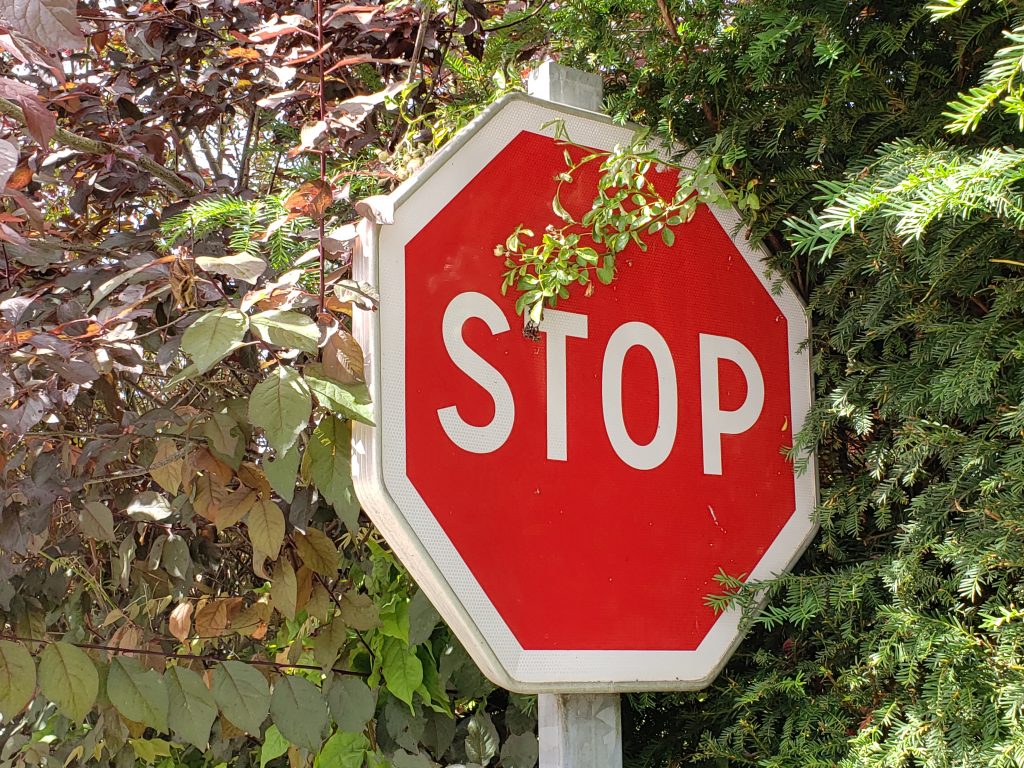
Vraiment, even! At the bottom of this post is a link to a YouTube video defending English as an easy language to learn. I think it is right. As pointed out by Rudolf Flesch in the 1950s, only a few hundred English words are not phonetic. Sure, you need to do some memorization because these tend to be commonly used words, but only a few hundred of them! The rest of English vocabulary is phonetic, and easy to pronounce. Of course, there are a lot of words in English, more than most languages for sure. I once took a survey that told me that I seem to know 33,500 words of Englilsh. French doesn’t even have 33,500 words in the entire French vocabulary! But almost all 33,500 (there are more than that many, that’s just the ones I supposedly know) are phonetic. That’s a lot of words, so what is it that makes English easy? Besides being mostly phonetic, I mean.
Well, see the video for details, but I’m going to use French as my examples, because I have spent the last 830-some days studying French daily, and I’ve been living in France since April 12th. I’ve had a lot of exposure to French, more than any language except English. So, naturally, I am a stone-cold expert on all things French related, right?
<Leave a comment if you’re interested in a bridge I have for sale.>
Take noun gender. Please. And put it far, far away. Don’t know what I’m talking about? That’s because English has no gendered nouns! Yes, words like woman, girl, she, her and others that refer to female persons or animals might be said to be gendered, but they really aren’t. Gender in nouns doesn’t refer to sex, but just to a class of noun. French has two: masculine and feminine. Some languages have more, but I’ll give French some tiny bit of credit for keeping it down to two. Any noun ending in tion is feminine in French. Constitution is feminine, restitution is feminine. So, the definite article, plain old a in English, is la. La Constitution, la restitution, la institution, etc. Why? Who the heck knows? None of those things are gendered at all in their usage, so why bother? More French words are masculine than feminine. Take eau, for example. It’s water. the definite article is le, as in l’eau. Notice that when writing French you always drop the vowel of the article if the word starts with a vowel. Why, I don’t know. Just another quirk of a quirky language.
Thing is, if you use an adjective with your noun, the adjective has to have the same gender as the noun. So, adjectives change with whatever they’re modifying. Why? A blue chair is un bleu chaise. An old institution is une vielle institution. A blue car is une voiture bleu. An old man is un vieux homme. Why? Why not, say the French, in gendered riposte. That indefinite article also changes with gender. Why? Notice our adjectives work with no change whatsoever with any object you can name. Old is old. Blue is blue. What the hey, French, why be so stubborn?
I happen to know. Cardinal Richlieu (the guy the Three Musketeers were always in trouble with, except he was real) was worried about peasants corrupting the fine French language, so he started The French Academy to oversee any changes that might occur in French. To this day this group of 100 people, all carrying swords (really) meet to decide the fate of any new words in French. It’s la covid 19, in case you were wondering. Why is covid feminine? Who the heck knows? They are the reason that French is spelled so horribly, and the reason French insists on keeping old-fashioned, Latinate things like gendered nouns. Curse you, Richlieu! Well, anyway, for more of this, and with some light-hearted banter thrown in, click the link below and watch the video. You’ll be glad you did!